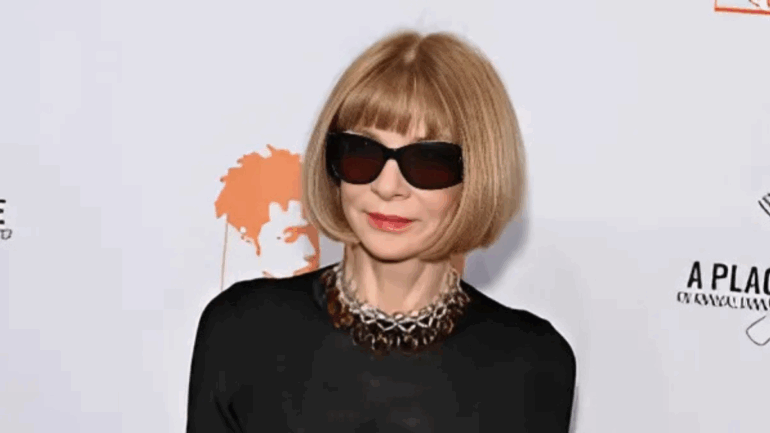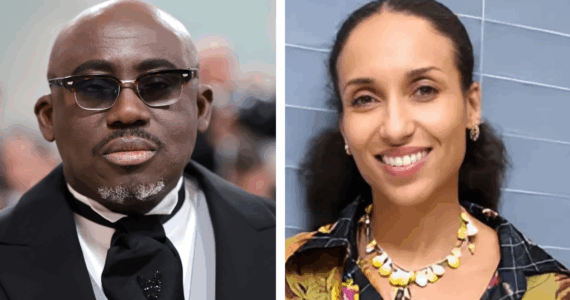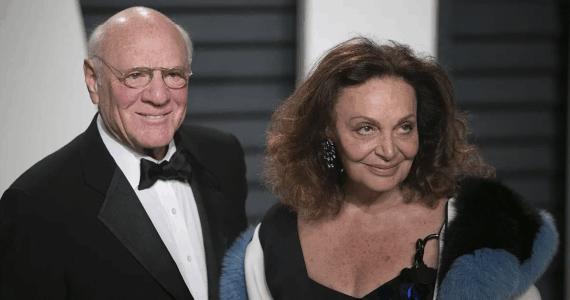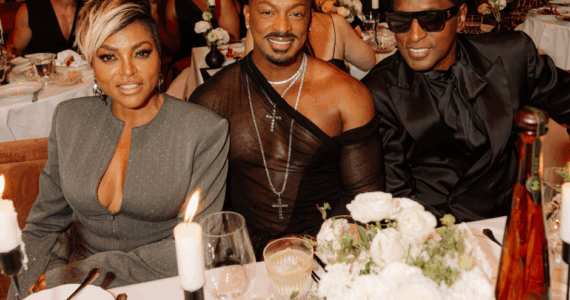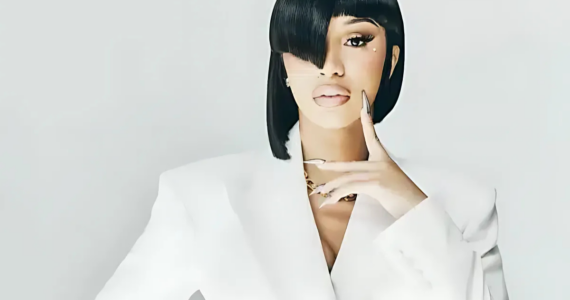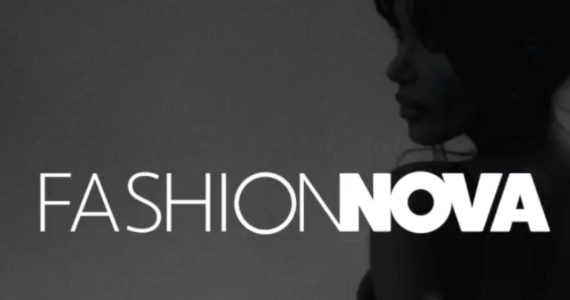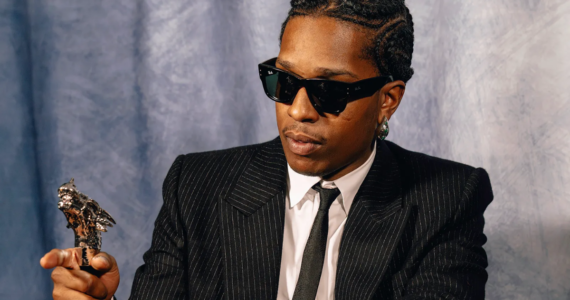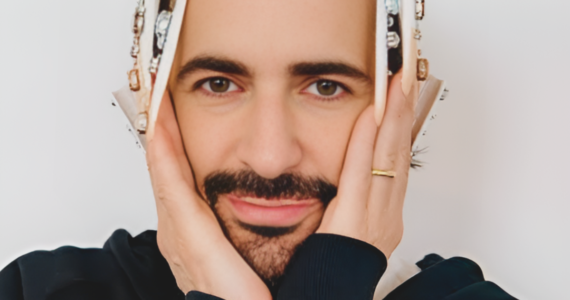In a move that’s shaking the fashion world, Anna Wintour is reportedly stepping down as the Global Chief Content Officer of Condé Nast and longtime Editor-in-Chief of Vogue. Known for her signature bob, oversized sunglasses, and icy presence, Wintour’s reign has defined the fashion landscape since she took over Vogue in 1988. Her departure marks the end of an era—but also opens a critical conversation about what her legacy really means.
A Legacy of Power—and Controversy
Anna Wintour is undeniably one of the most influential editors in history. She transformed Vogue from a glossy magazine into a global cultural barometer, launching countless careers and defining high fashion as we know it. From championing emerging designers to orchestrating the Met Gala into a must-watch spectacle, her grip on the fashion industry has been tight and unwavering.
But that power hasn’t come without criticism.
Diversity and Representation: A Troubled History
Despite her long tenure, Wintour has faced sustained backlash over the magazine’s lack of diversity—both on and off the pages. For years, Vogue was criticized for centering white, Eurocentric beauty standards while excluding Black models, designers, and contributors.
A turning point came during the 2020 Black Lives Matter protests. Several Black staffers and contributors publicly shared their experiences of microaggressions, pay disparities, and editorial exclusion at Vogue and Condé Nast.
In response, Wintour issued an internal memo that acknowledged these failures, writing: “I want to say plainly that I know Vogue has not found enough ways to elevate and give space to Black editors, writers, photographers, designers and other creators.”
Even André Leon Talley—Vogue’s iconic editor-at-large—described his later relationship with Wintour as distant and painful. In his memoir, he wrote about feeling “thrown aside like an old shoe,” despite his trailblazing role at the magazine.
A Culture of Fear
Inside the office, Wintour’s famously cold demeanor earned her the nickname “Nuclear Wintour.” Former staffers often described a toxic work culture where intimidation, exclusivity, and silence were the norm. Critics say her leadership style, while effective in maintaining Vogue’s elite status, created a narrow and fearful environment that stifled creative freedom and emotional safety.
Gatekeeping the Industry
Wintour has also been accused of prioritizing celebrity culture and limiting access to diverse aesthetics and voices. Her editorial decisions—favoring thin, tall, often white models—contributed to decades of narrow beauty standards that left many feeling unseen.
What’s Next?
While Wintour’s departure hasn’t been formally announced by Condé Nast, insiders say the fashion world is already preparing for a shift. The key question now is: who will lead Vogue into the future, and will it finally reflect the richness and complexity of the global audience it serves?
Wintour’s exit is more than a retirement—it’s an inflection point. And fashion lovers everywhere are watching closely.
Follow MEFeater on Twitter, Instagram, Facebook, and Pinterest for the latest updates and news.


